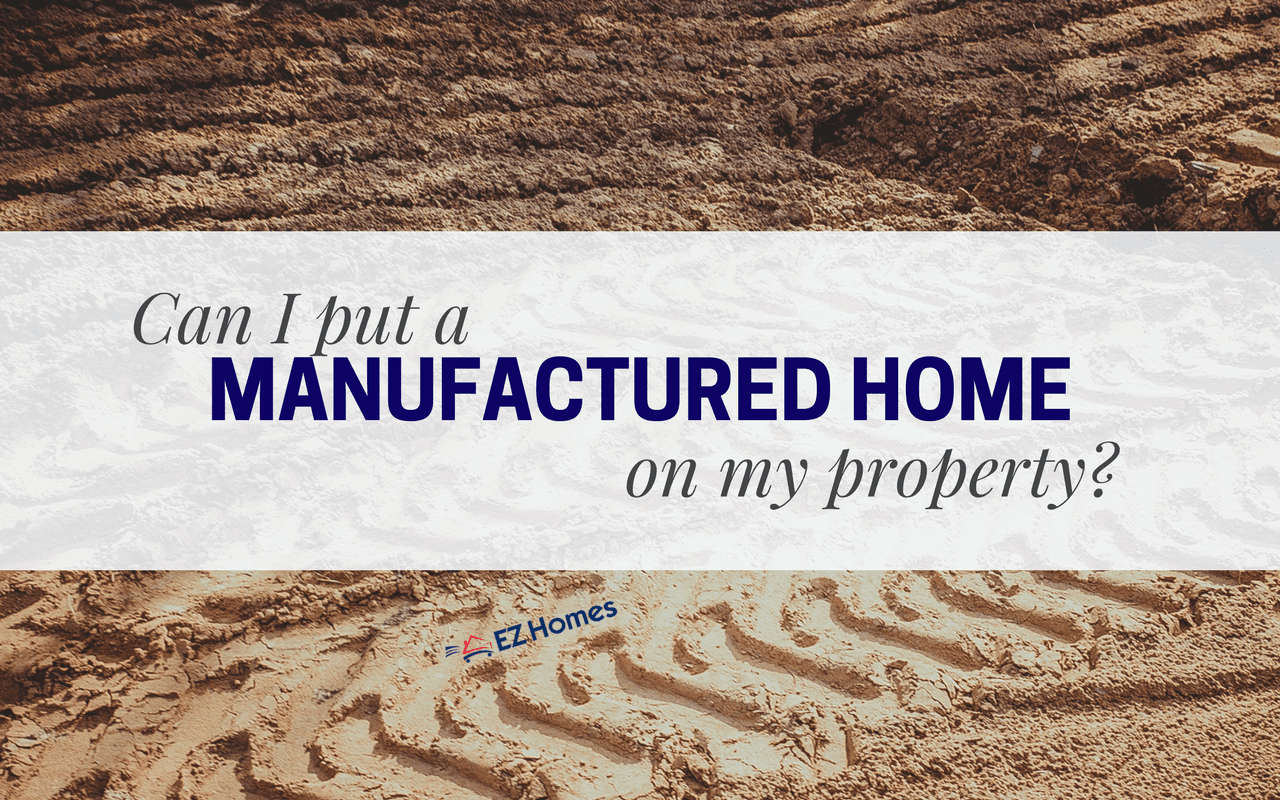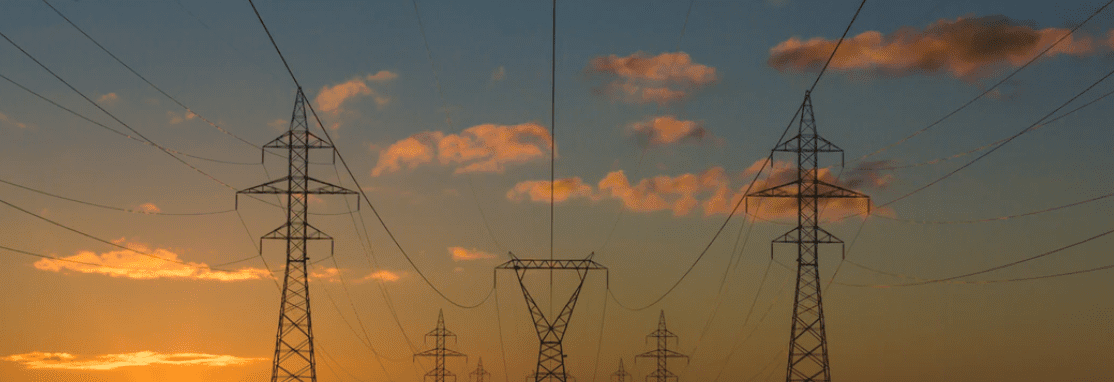Owning your own land comes with its own benefits such as providing you and your family with plenty of space. The opportunity to cultivate the earth and live closer to nature is certainly appealing. Perhaps for you, it’s merely a matter of having some quiet space, away from the noise of suburban life.
As you consider housing options for your acreage, you’ve weighed the options and the mobile home idea is appealing to you and your special other. You realized the customizability, affordability, and energy efficiency makes it a winning option.
But there’s one big concern that you have in mind. You’re here because you’re asking, “Can I put a manufactured home on my property?”

“Can I put a manufactured home on my property?”
The short answer is yes.
Yes, you may put a manufactured home on your property. However, we’ll need to take the time for a brief overview of the requirements you’ll face. We’ll also look at some tips to be aware of before you press forward.
State regulations
It’s important that you familiarize yourself with the housing laws of your state and how they apply to your manufactured home. Some districts may exclude residential-designed manufactured homes.
A residential-designed manufactured home is simply a mobile home installed on a permanent foundation. The homes that fit into this category must uphold to a minimum number of square footage which usually excludes single wide mobile homes.
Sometimes the state will require that your home is constructed with certain types of roofing and siding materials. They may also have specific requirements for your roof’s pitch.
In many jurisdictions, a building permit is required if you wish to place a home on your property. Additionally, they may insist on licensed contractors to do the work of installation so that your home passes inspection.
Reach out to your local manufactured housing division for specifics on what demands must be met in your part of the country.
Local zoning regulations
Thankfully, your manufactured home dealer will know what regulations must be met within your property’s locale. Any costs entailed in permits or other government fees will be included in the cost of your mobile home.
Talk to your local zoning administrator about your manufactured home and your plans to install it on your own property. They will know if there are any zoning laws you must meet based on your location.
Private restrictive covenants
Outside of public zoning requirements, you may have to factor in any private restrictive covenants you agreed to when purchasing the property. If there were any restrictive covenants attached to your land, it would have been in the property deed you signed when purchasing the property.
You can investigate further at the Register of Deeds office where they keep records of property ownership. You may also acquire a copy of the restrictive covenants from the homeowner’s association if your subdivision has one.

Restrictive covenants impose restrictions on the use of your land. For example, some covenants will tell you that you’re not allowed to have a business on your property. This can be a downer for the entrepreneur-minded resident.
However, there are benefits. For example, they may carry architectural guidelines for a more unifying look in your subdivision encouraging a sense of balance and care for each property.
You asked, “Can I put a manufactured home on my property?” You can if the factors listed above are accepting of manufactured housing.
Things you should know if you haven’t purchased property yet
If you’re still shopping around for property with the intention of placing a mobile home on it, there are some things you should look out for.
Your property must support a septic system
Mobile homes require the use of a septic tank, buried underground to collect waste from your plumbing system.
You’ll need to be confident that your land can hold a septic tank. If not, the cost of making the land suitable for a septic system may be terribly inconvenient.
Check out what utilities are available
If there are none immediately available, that’s OK. You just need to budget for a well and see about having the power company work with you to run power out to your mobile home’s location.

Zoning
It would be tragic to make plans for a manufactured home only to find that zoning laws prohibit the installation of a mobile home on your property. Due diligence can spare you the trouble of owning property that won’t fit with your dreams.
So, private property or mobile home community?
You asked, “Can I put a manufactured home on my property?” Besides answering your question, we hope we’ve empowered you with other pertinent information. If you’re undecided about owning property, living in a mobile home community comes with its own set of perks.


